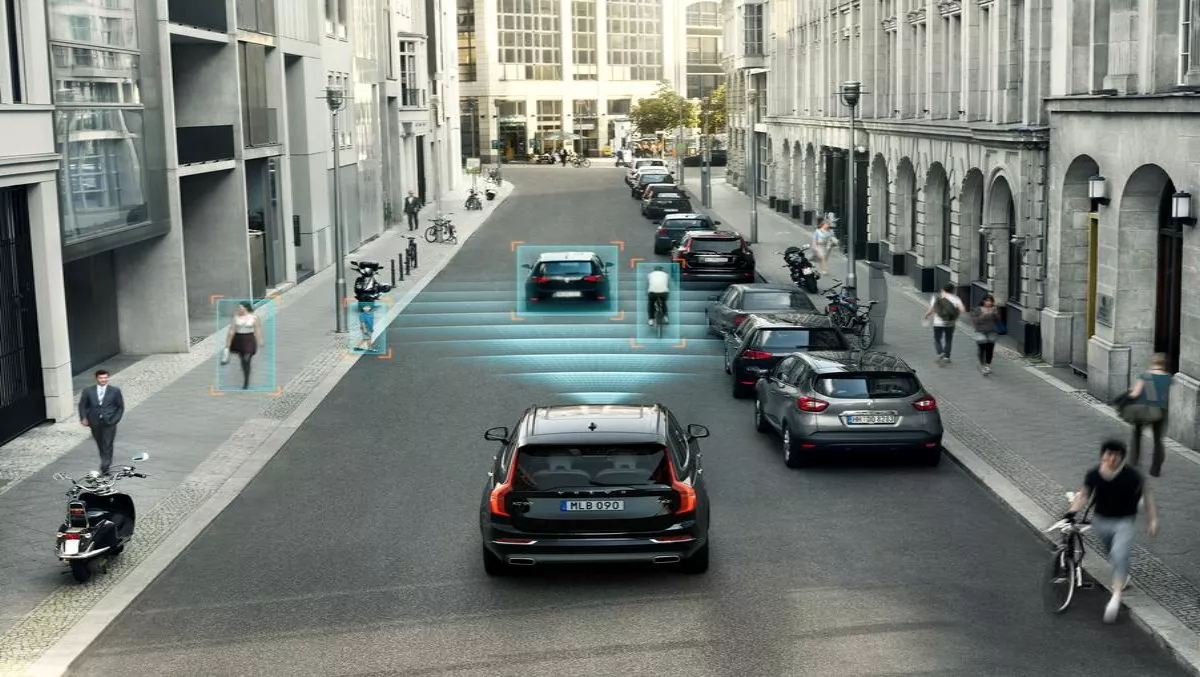
Autonomous vehicle tech could stop crashes on NZ roads
A specific technology in autonomous vehicle has reduced rear end car crashes by 43%.
That's according to a recent report from the US based Insurance Institute for Highway Safety (IIHS). It showed that 'City Safety' technology reduced the probability of a vehicle experiencing a rear end crash by 43 percent.
According to the study, the technology, which is standard across the Volvo range in New Zealand, also reduces the chance of driver or passenger injury by up to 45%.
The technology is an autonomous emergency braking system designed to help a driver avoid a low-speed crash or to reduce its severity.
At low speeds 'City Safety' uses a lidar (Light Detection and Ranging) sensor positioned at the top of the windscreen that monitors an area 10m ahead of the car for vehicles which might present a threat of collision.
If a crash is likely, the technology pre-charges the brakes and makes the Emergency Brake Assist system more sensitive.
However, if the driver still takes no action and a collision becomes imminent, City Safety independently applies the brakes.
Volvo's NZ general manager Coby Duggan, says the research demonstrates the potential benefits of self driving vehicles for Kiwi drivers.
Duggan also says new models being introduced in 2017 will include features such as animal detection with automatic emergency braking, aimed at further preventing or mitigating accidents on the road.
"There were over 300 fatalities and more than 12,000 reported injuries on New Zealand roads last year - with ongoing research and development bringing new safety innovations, autonomous vehicle technology presents a significant opportunity to reduce our road toll.

